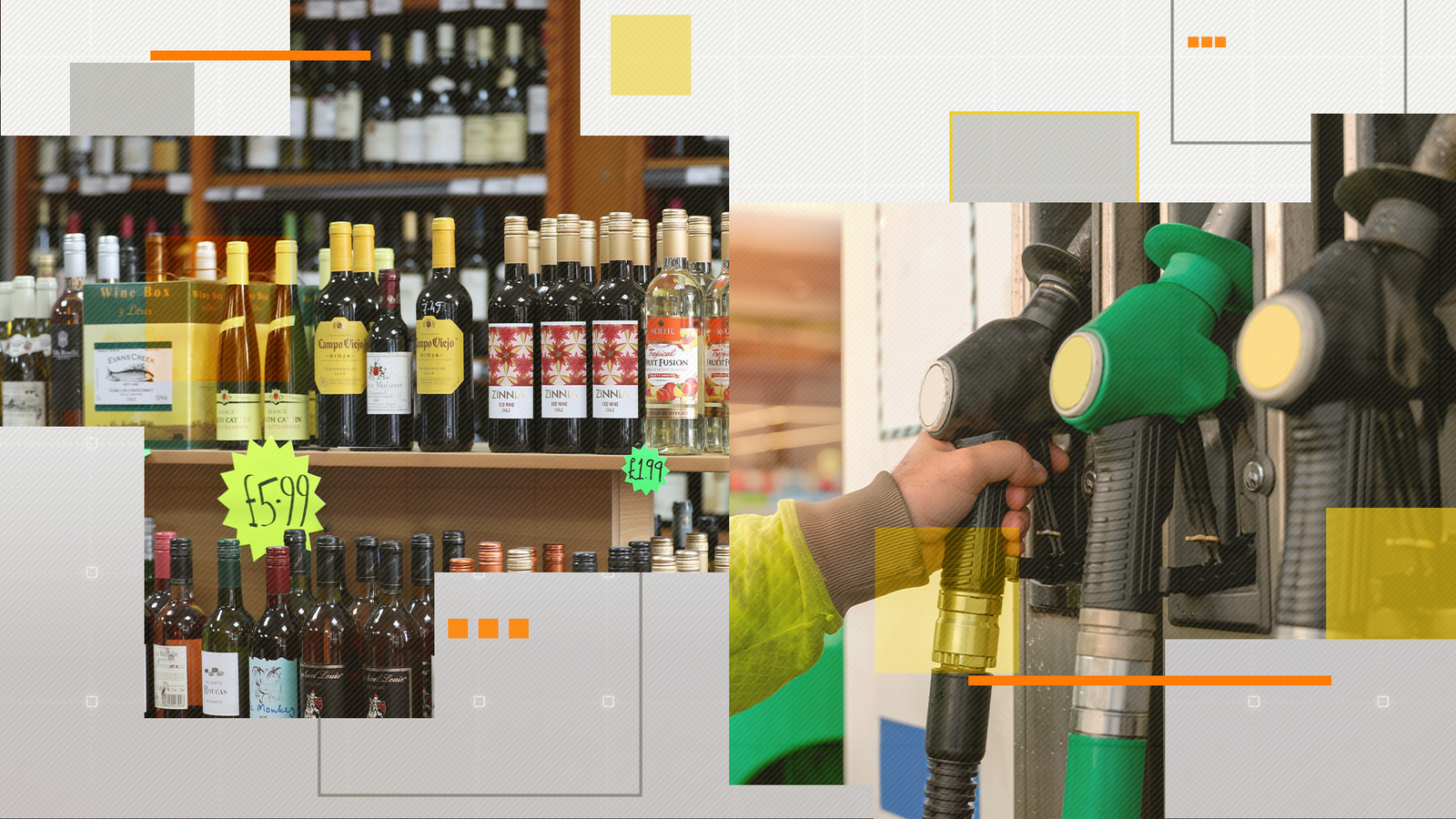With all alcohol now being taxed by its strength, rather than type and increasing with inflation, many drinks could now cost more.
Alcohol rates have remained frozen since August 2020 but from today duties on non-draught alcohol will be uprated by inflation and these duties will reflect the alcohol content in the drinks.
The duty on still wine has increased by around 30% since 2015 and nearly 58% since 2010.
People preferring beer or spirits will also see an increase of 14% on 2015 duty levels.
Since 2010, that is an increase of 21% and 33%, respectively.
Stuart Adam, senior economist at the Institute for Fiscal Studies said: “It’s not a tax increase overall, it’s increased some types of (alcohol) and reduced others which I think is a sensible reform. It’s now going to reflect more closely the alcohol content of different drinks, as it should.
“It’s worth making the point that previous years have seen a nominal freeze in duty, which has meant a real terms reduction in price due to rising inflation, but today’s decision changes that policy.”
Boy, 5, drowns in pool at Cornwall holiday resort
By-election to be held after COVID rule-breaker MP Margaret Ferrier loses seat
Politics latest: PM heckled at beer festival; Rutherglen and Hamilton West by-election after Margaret Ferrier loses seat is ‘perfect opportunity’ for Labour
The government will also increase the value of draught relief from 5% to 9.2% for qualifying beer and cider products and from 20% to 23% for qualifying wine, and other fermented products.
While an increase in draught relief may bring down some prices, the increase in duties on other products will still mean pubs will face continuing pressures.
Emma McClarkin, chief executive of the British Beer and Pub Association, said: “Today’s increase means beer duty is now the highest it’s ever been. The continued draught relief freeze is welcome to try and help pubs at the heart of communities across the country, but the fact remains that today’s changes will add £225m worth of costs a year across our industry and this will be felt at the bar.”
Tobacco duties
While duties on many drinks have increased today, other items like tobacco have had even bigger rises.
Since 2015, tobacco duty has increased by 56% since 2015. That’s 26 percentage points higher than the increase in still wine in the same period.
From May 2017, the duty on cigarettes is either the specific duty per 1,000 cigarettes plus 16.5% of the retail price or the minimum excise tax per 1,000 cigarettes – whichever is higher.
Fuel duties
Along with duties on recreational pastimes there have also been changes in duties paid on fuel and travel.
Fuel duty has decreased for various fuel types. Before 2022, fuel duty last changed in 2021 and March 2011 before that, but the duty rates stayed the same for leaded, unleaded and diesel fuels.
From March 2011 to 2022, fuel duty decreased by 7% for leaded fuels and 9% for unleaded and diesel fuels.
Air passenger duty
For people traveling by air, the standard Band A (a journey of 0 to 2,000 miles) rate for air passenger duty hasn’t changed since 2015, staying at £26.00.
The standard Band B rate (2,001 to 5,500 miles) has increased by more than a third.
The Data and Forensics team is a multi-skilled unit dedicated to providing transparent journalism from Sky News. We gather, analyse and visualise data to tell data-driven stories. We combine traditional reporting skills with advanced analysis of satellite images, social media and other open source information. Through multimedia storytelling we aim to better explain the world while also showing how our journalism is done.






